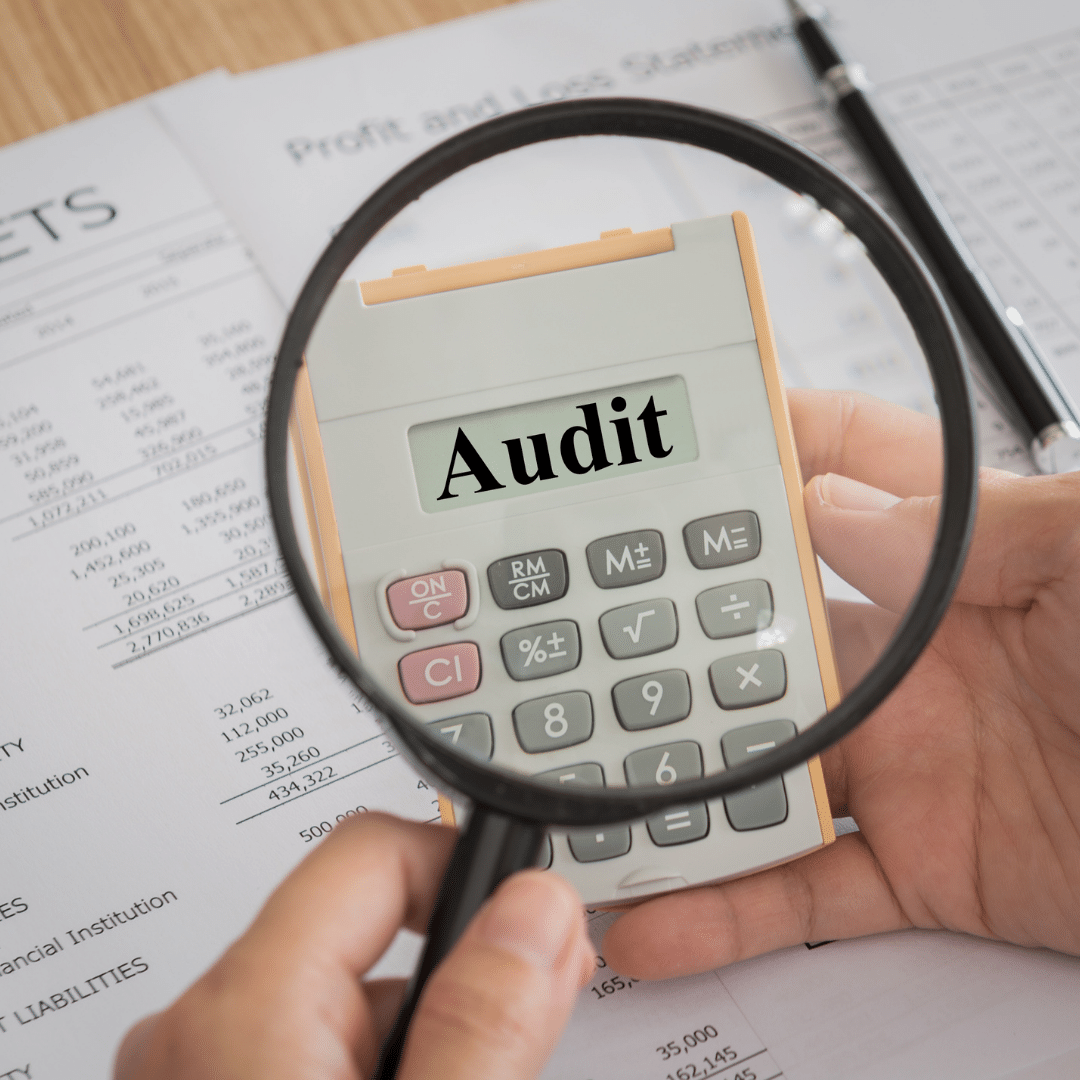Every enterprise in Singapore faces an important question just about every year: Are all of us ready for each of our audit? These opinions are more than just paperwork; they will play a large position in keeping your company on the correct side of the law, building confidence, and understanding the true financial wellness. In Singapore’s fast-changing regulations, staying forward means knowing what’s required and being prepared. Missing deadlines or not gathering the proper documents may lead to fees or even legitimate trouble, so preparation really counts.
Comprehending the Legal Framework for Annual Audits in Singapore
Precisely what Does the Rules Require?

Singapore’s Firms Act sets stringent rules for total annual audits. Most companies, especially those using bigger annual earnings or assets, need to have their financial assertions verified by a good auditor. These audits check that anything can add up and employs the guidelines. If your current business is the private limited organization with turnover above SGD 10 zillion or assets exceeding SGD 10 thousand, you are most likely required to experience a audit. Actually some non-profit agencies and industry-specific organizations also face these rules.
Who Needs audit singapore in addition to Who is Exempt?
Certainly not all businesses need to get audited annually. Small organizations that meet particular size criteria—such because revenue, assets, and variety of employees—can usually skip the review. For example, a start-up with minimal product sales and few workers could be exempt. However, businesses in funding, insurance, or public trading must acquire audited no make a difference their size. It’s always a good idea to verify whether your organization drops under the exempt or mandatory type.
Consequences of Noncompliance
Skipping your review isn’t just overlooking a formality. It can lead to charges through the authorities, which includes fines or even jail time regarding directors. Your company’s license might get revoked, or the financial statements may be flagged while invalid. For instance, some firms experienced hefty fines in addition to reputational damage after failing to conform promptly. Non-compliance can easily also freeze banking activities or delay funding, harming your business's growth strategies.
Preparing Your organization intended for the Annual Examine
Organizing Financial Records
Good record-keeping may be the foundation of a new smooth audit. Help make sure all invoices, receipts, bank statements, and ledger records are accurate and. Use digital gear if possible to keep everything structured. Keep your paperwork in labelled version, and cross-check sums to avoid impresses.
Internal Controls and Techniques
Strong internal controls help capture mistakes early. Good examples include segregation involving duties so zero single person settings everything, regular reconciliations, and clear approval processes. These methods not simply ease the particular audit but furthermore protect you from fraud or errors which could cost large money.
Engaging along with Auditors
Selecting the most appropriate auditor is key. Search for licensed firms together with good local encounter. Once selected, talk your expectations early. Share your documents in advance and clarify any problems. Being transparent and cooperative will help make the process better and faster.
